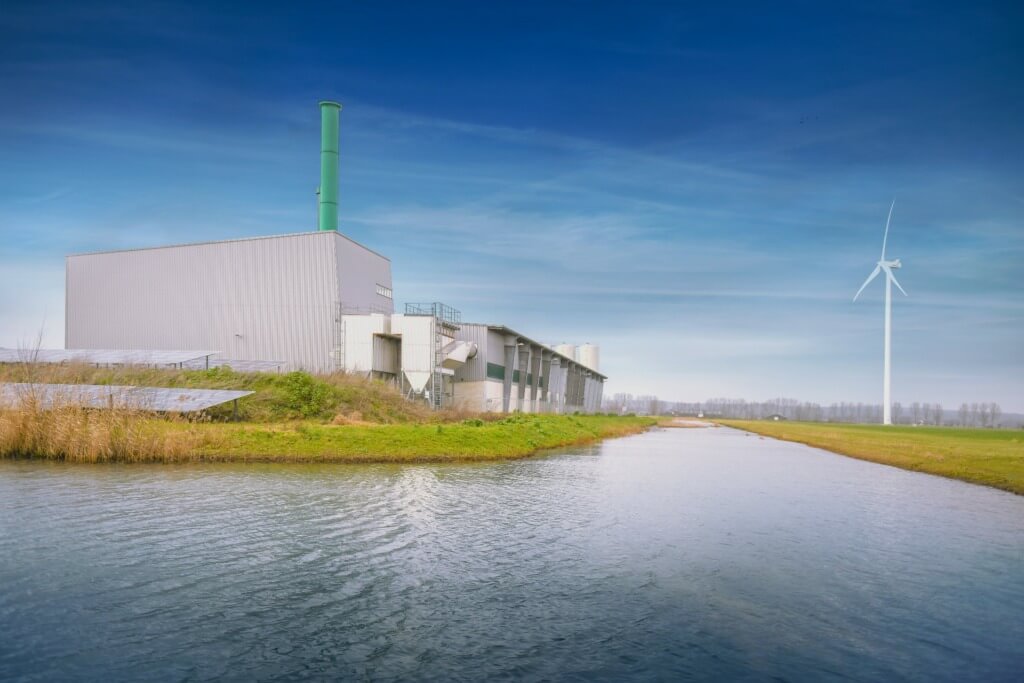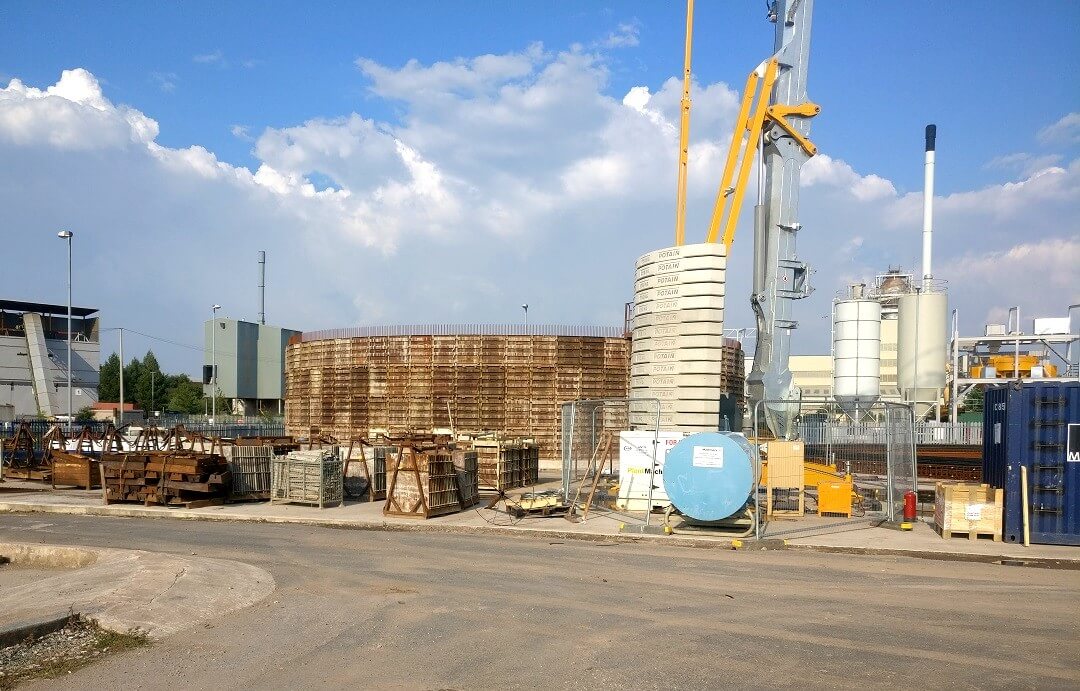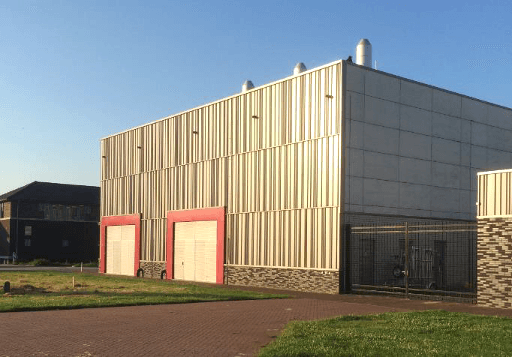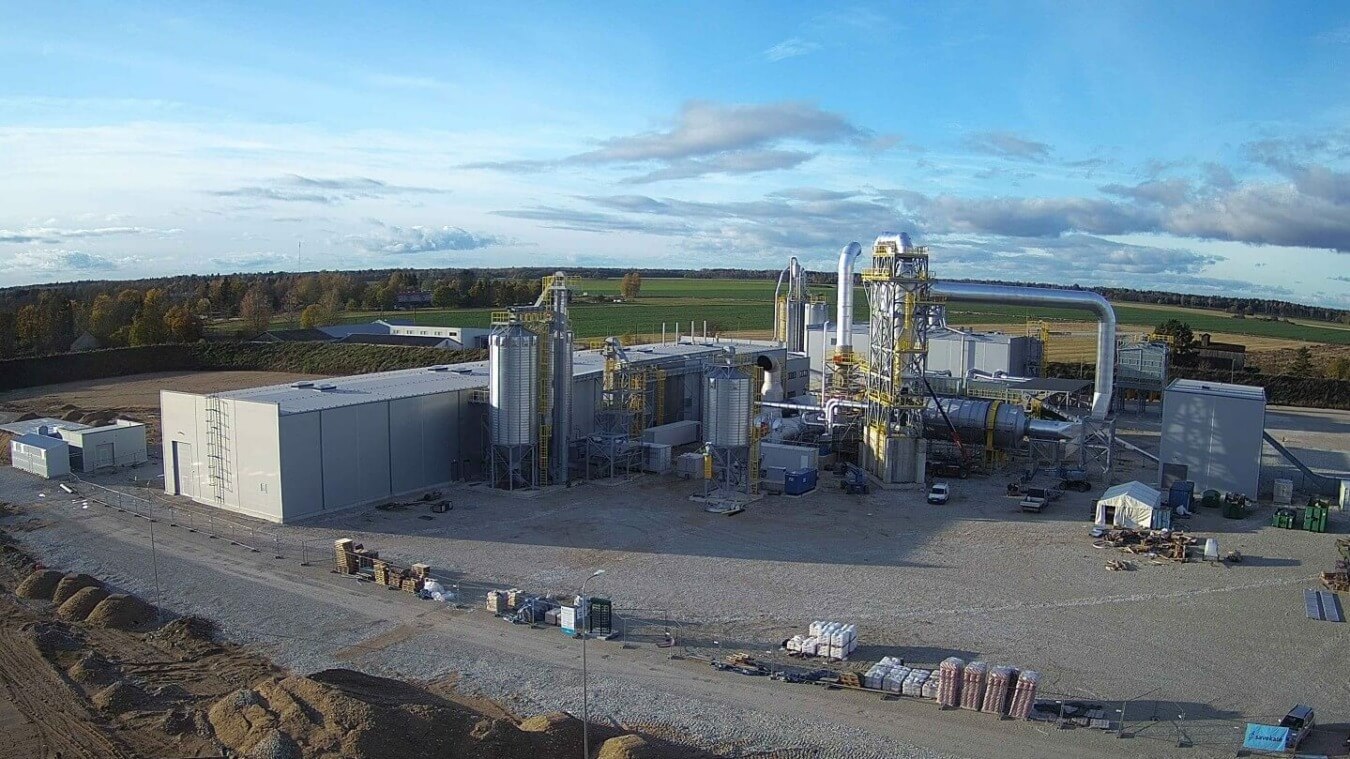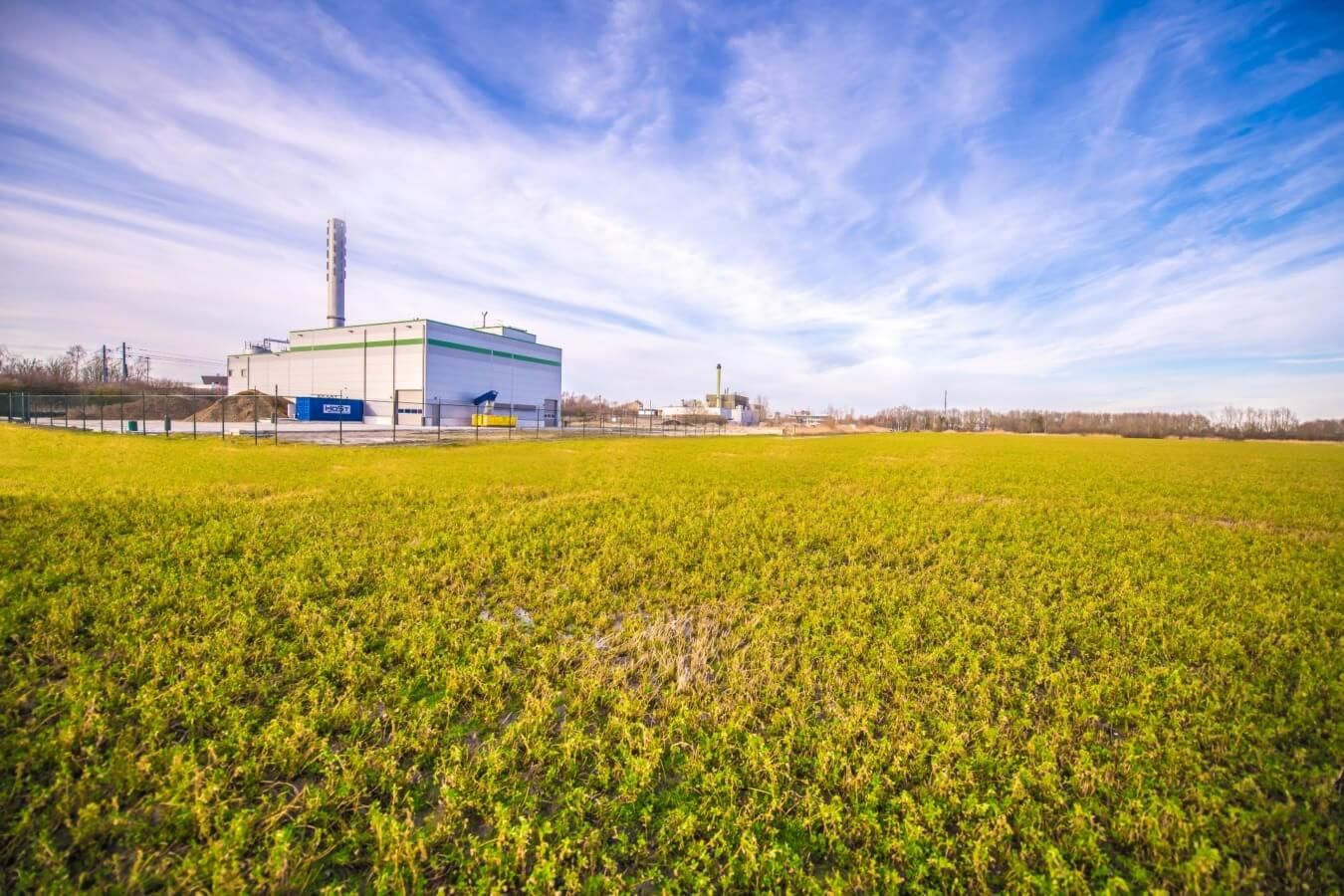
Primco Lelystad, the Netherlands
Heat and hot water
Our facility in Lelystad generates heat from prunings and thinning wood, landschaping and garden waste in the immediate vicinity of Lelystad. Primco Lelystad is a supplier for Vattenfall en Ennatuurlijk. The heat system, with a capacity of 15 MWth, serves 5,500 household equivalents and six government buildings. This saves about 7.5 million Nm3 of fossil natural gas. In the future, even more households will be connected to the Lelystad heat network.
More about Primco Lelystad
With the residual heat from the power station, Primco produces hot water for a distributor for sustainable weed control, processionary caterpillar control and large-scale cleaning of production equipment in the food chain, for example. This keeps energy losses to a minimum.
Primco Lelystad (central Netherlands) was completed in October 2018.
